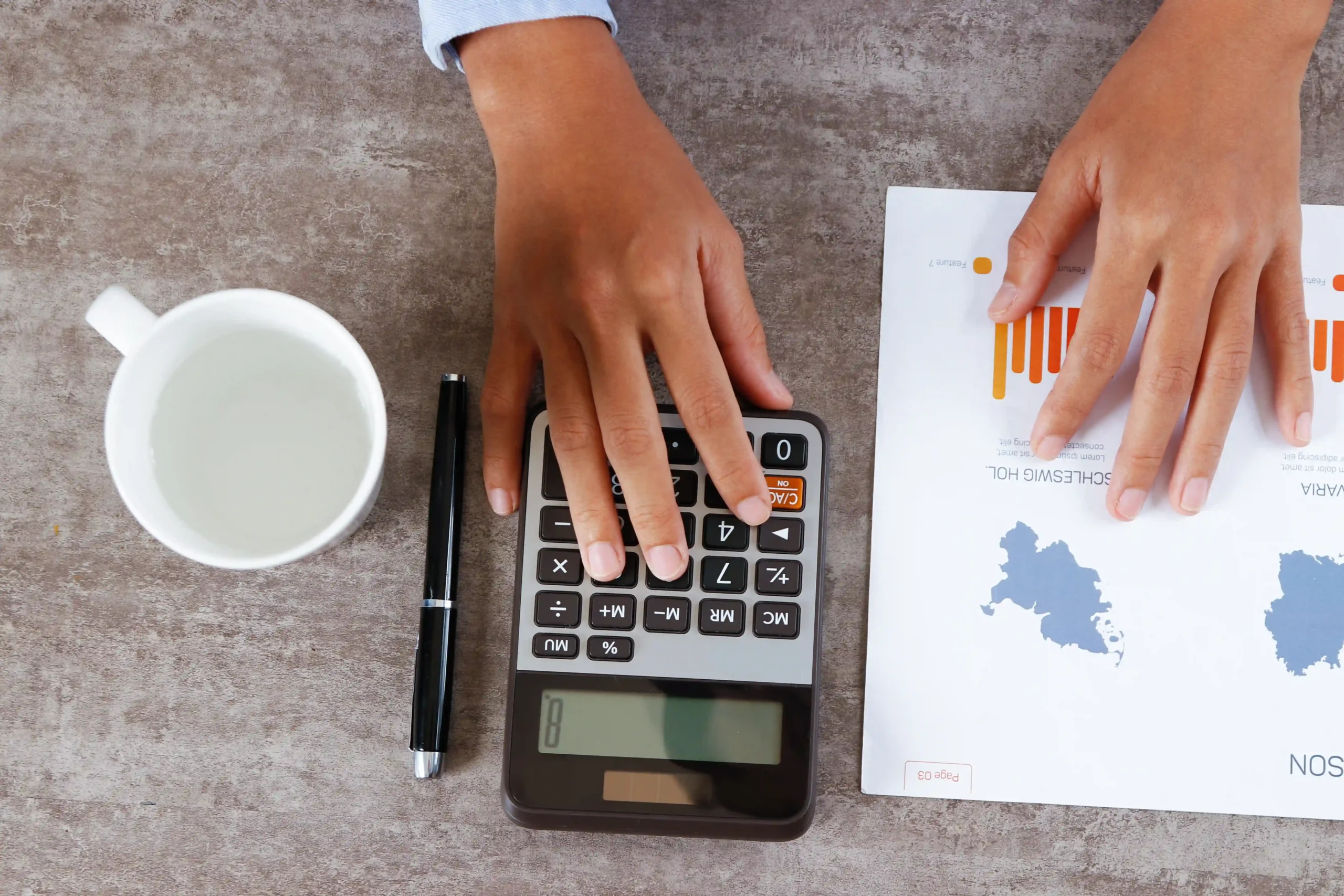
Navigating the complexities of Spain’s VAT system can be a daunting task for businesses, especially those operating across borders or managing e-commerce platforms. Spanish VAT services provide expert guidance and support in ensuring compliance with local tax regulations. These services assist with VAT registration, filing returns, reclaiming VAT on purchases, and maintaining accurate records to avoid costly penalties. Whether you are a Spanish-based company or a foreign business selling to Spanish customers, utilizing VAT services helps streamline the process and ensures you meet all legal requirements.
Spain, like other European Union (EU) countries, implements a Value-Added Tax (VAT) system that plays a significant role in the country’s economy. Whether you’re running a business, planning a trip, or simply making online purchases, understanding Spain’s VAT rate is essential. This guide provides an in-depth look into Spain’s VAT system, its rates, and how it affects both businesses and consumers.
What is VAT?
VAT is a consumption tax levied on goods and services at each stage of production and distribution. In Spain, it is known as Impuesto sobre el Valor Añadido (IVA). VAT is applied to most goods and services sold or imported into Spain, with the end consumer bearing the tax.
Spain’s Standard VAT Rate
Spain’s standard VAT rate currently stands at 21%. This rate applies to most goods and services, including electronics, clothing, restaurant meals, and household items. Whether you’re a resident or a visitor making purchases in Spain, the 21% VAT will likely apply.
Reduced VAT Rates
Spain also applies reduced VAT rates to certain goods and services. These lower rates aim to alleviate the tax burden on essential items and certain sectors of the economy.
- 10% Reduced Rate: This rate applies to:
- Food and beverages
- Pharmaceuticals and medical equipment
- Some hospitality services, including hotels and restaurants
- Public transportation
- Cultural activities (cinema, theater, etc.)
- 4% Super-Reduced Rate: This is the lowest VAT rate in Spain and is applied to essential goods and services, such as:
- Basic foodstuffs (bread, milk, fruit, vegetables)
- Books, newspapers, and magazines
- Certain medicines and healthcare products
- Wheelchairs and certain orthopedics
These reduced VAT rates aim to make basic necessities more affordable for the public, particularly benefiting lower-income individuals and families.
VAT Exemptions in Spain
Certain goods and services are exempt from VAT in Spain. Exemptions apply to:
- Education services
- Healthcare services
- Financial services (such as insurance)
- Some types of real estate transactions
It’s important to note that while VAT-exempt services do not charge VAT, businesses offering exempt services are generally unable to recover VAT on their purchases.
Who Pays VAT?
VAT is paid by consumers when they purchase goods or services. For businesses, VAT is collected on behalf of the government from customers at the point of sale. Businesses must then file regular VAT returns to report the VAT collected and pay the balance to the tax authorities.
VAT Registration in Spain
Businesses in Spain or those operating within the country must register for VAT if their turnover exceeds a certain threshold. If your business is based outside of Spain but sells goods to Spanish customers (distance selling), you must register for VAT if your sales exceed €10,000 in a calendar year.
Once registered, businesses are required to charge VAT on their sales and can reclaim VAT on eligible purchases, which helps reduce their tax liability.
VAT for E-Commerce and Online Businesses
The VAT landscape for e-commerce and online sales has evolved with new regulations like the EU VAT One Stop Shop (OSS) system. If you’re selling goods online to consumers in Spain from another EU country, you need to apply the Spanish VAT rate once your sales surpass the threshold of €10,000.
Claiming VAT Refunds for Tourists
Spain offers a VAT refund scheme for tourists from non-EU countries. If you’re visiting Spain, you can claim a refund on VAT for purchases made during your stay. To qualify:
- The purchases must be for personal use.
- The minimum purchase amount is €90.15.
- You must complete a VAT refund form and have it stamped by customs upon leaving Spain.
After completing the process, the refund can be obtained at designated refund points in the airport or through a refund service.
Conclusion
Spain’s VAT system is a vital aspect of the country’s economy, affecting both consumers and businesses. Whether you’re running a business or traveling in Spain, understanding the VAT rates and regulations can help you navigate taxes effectively.






